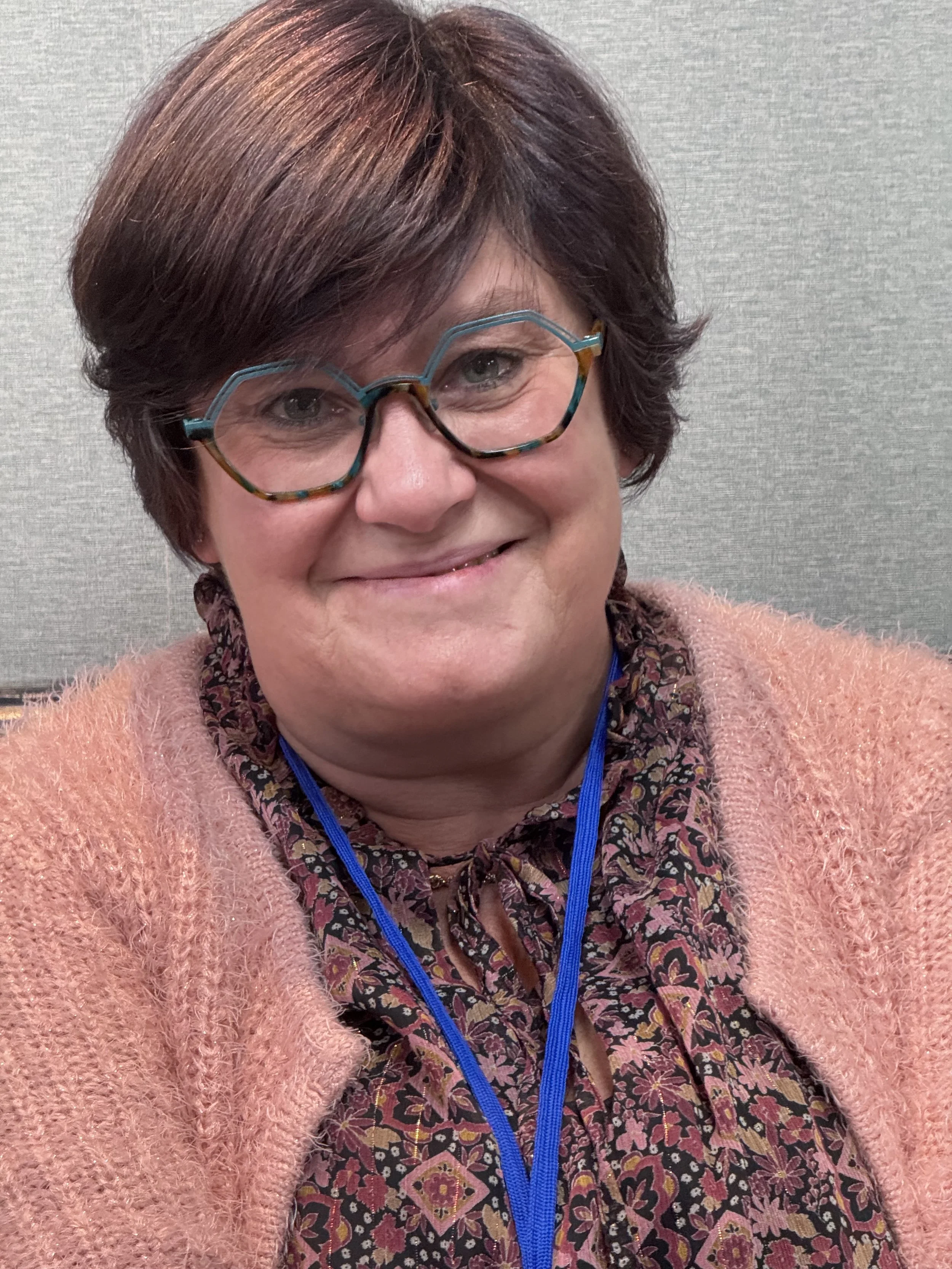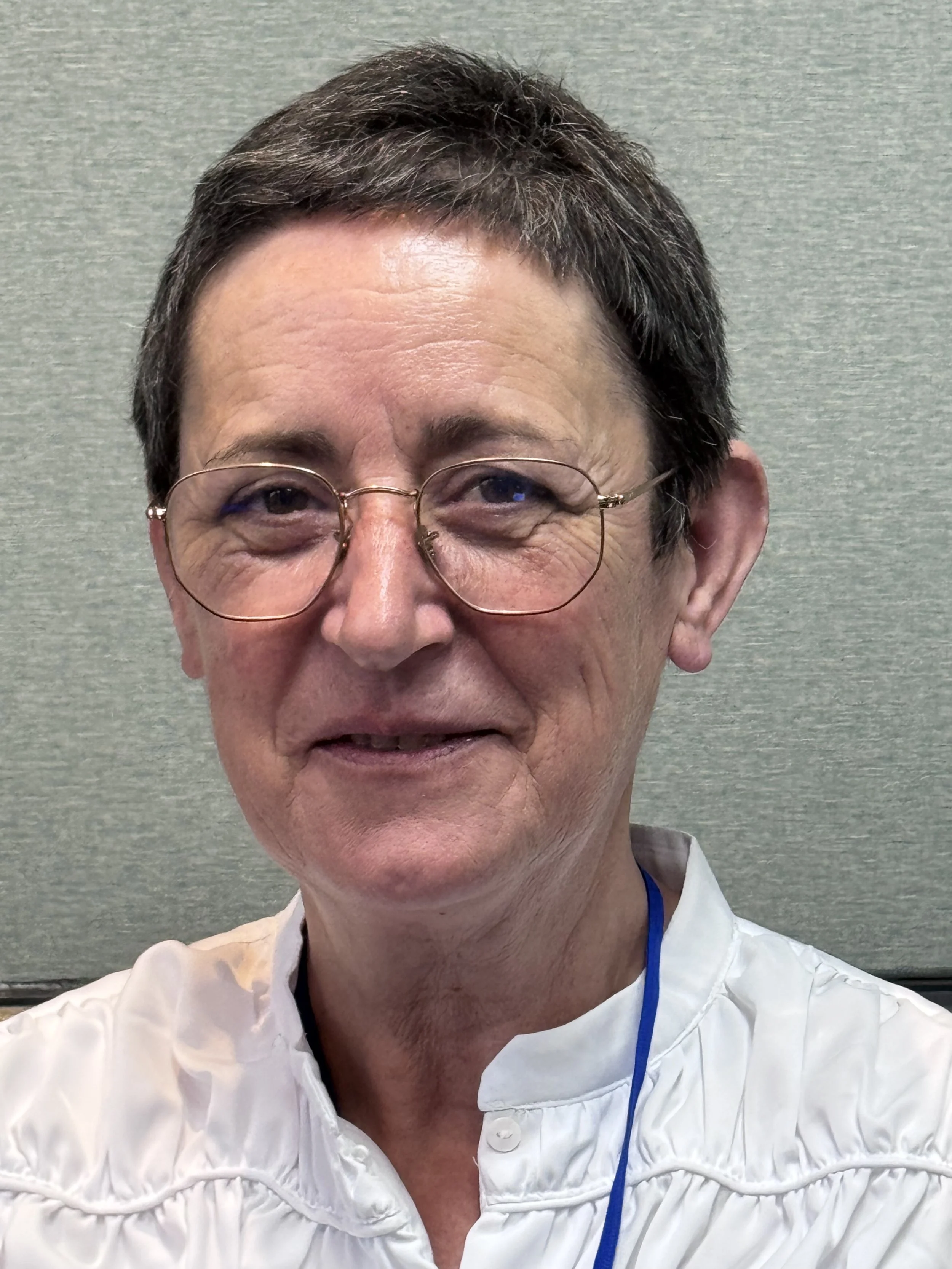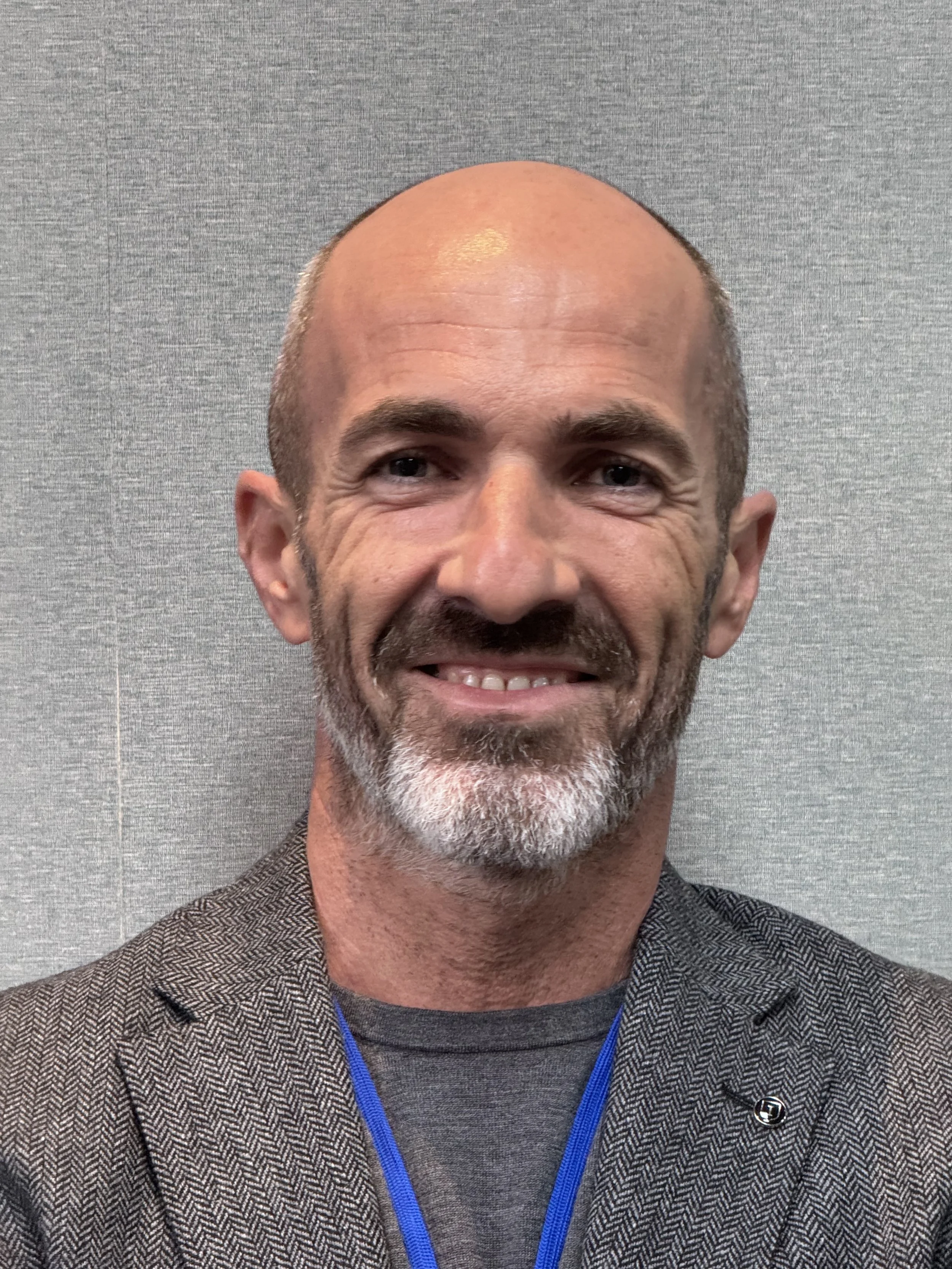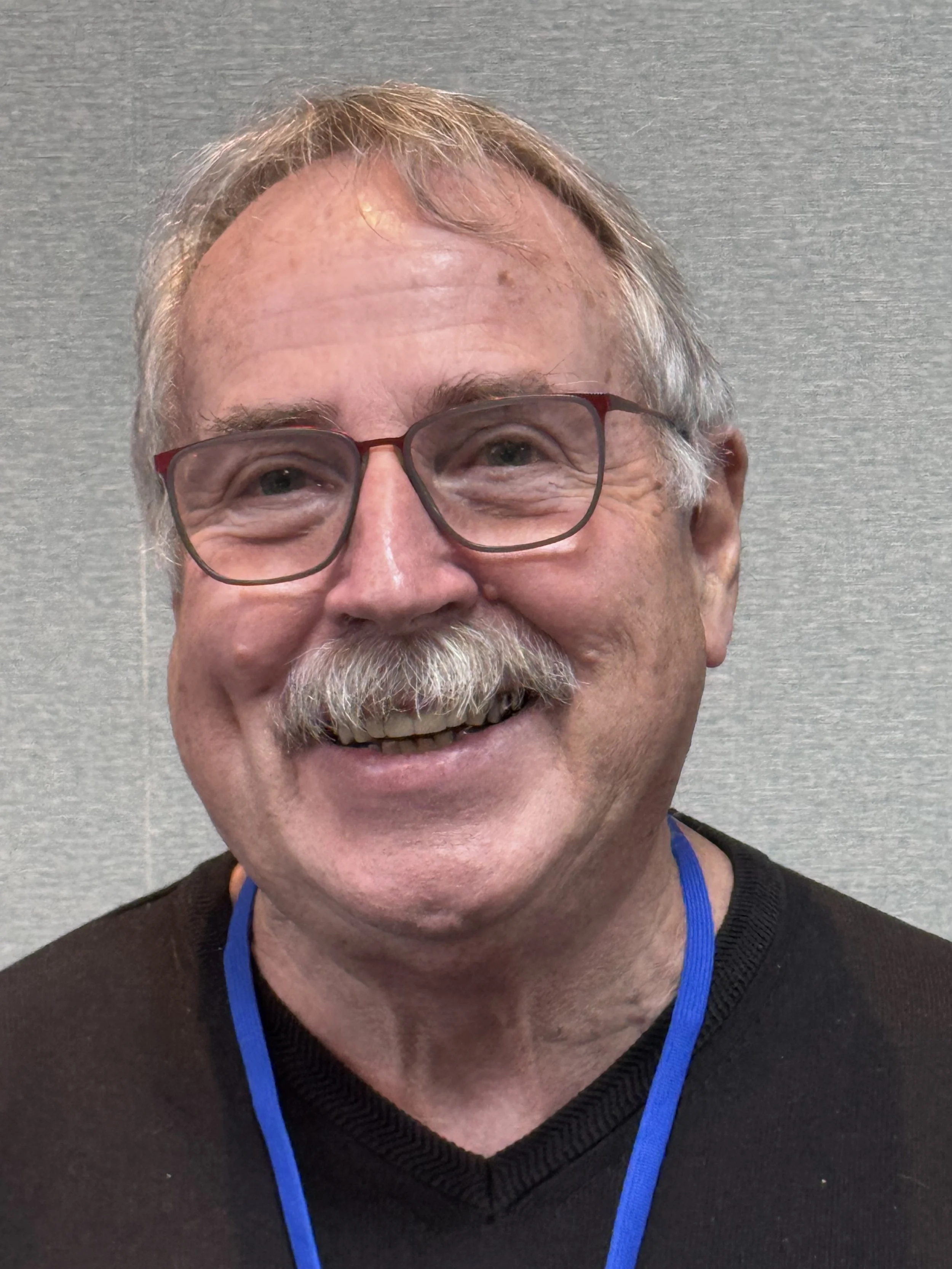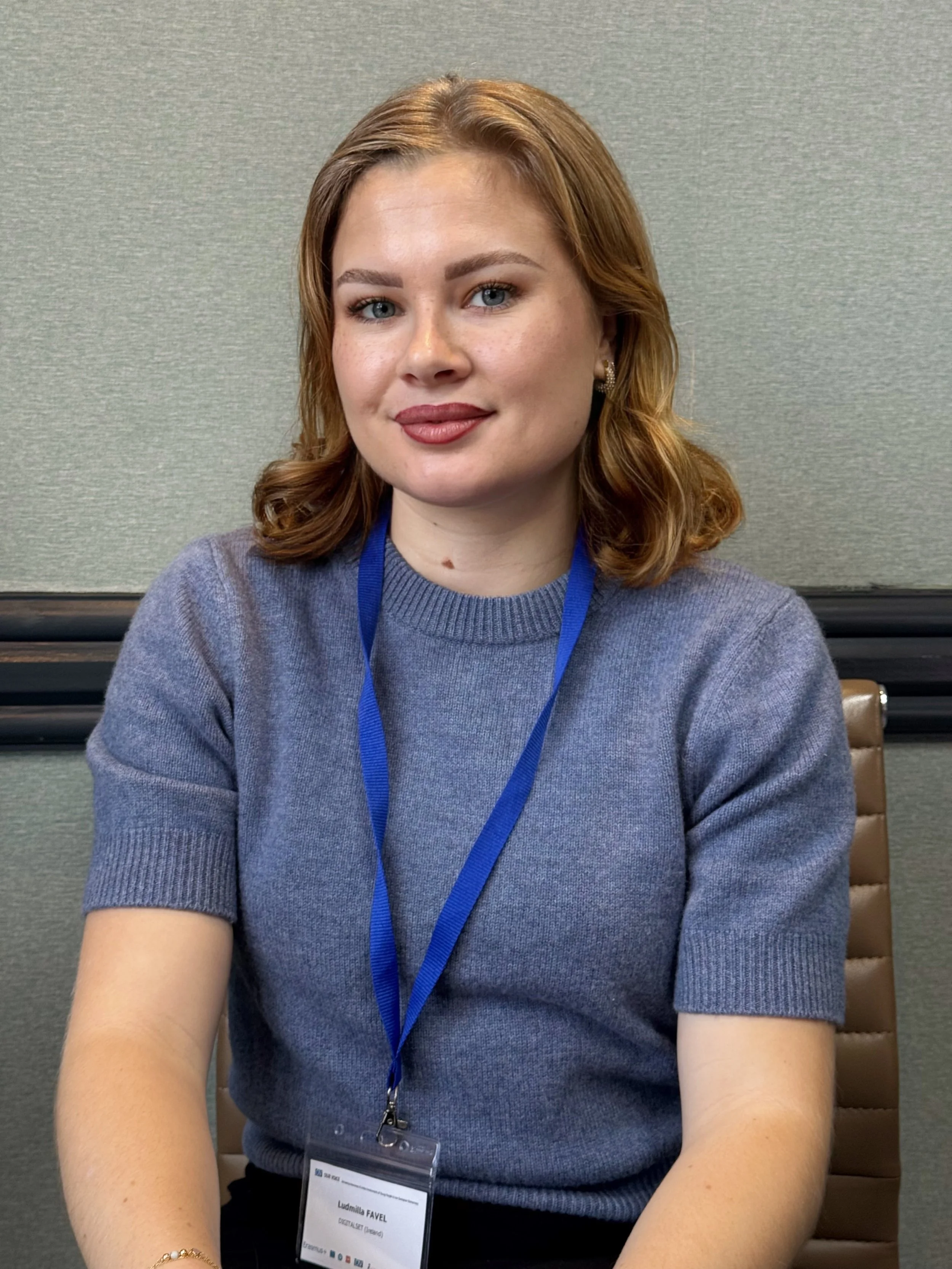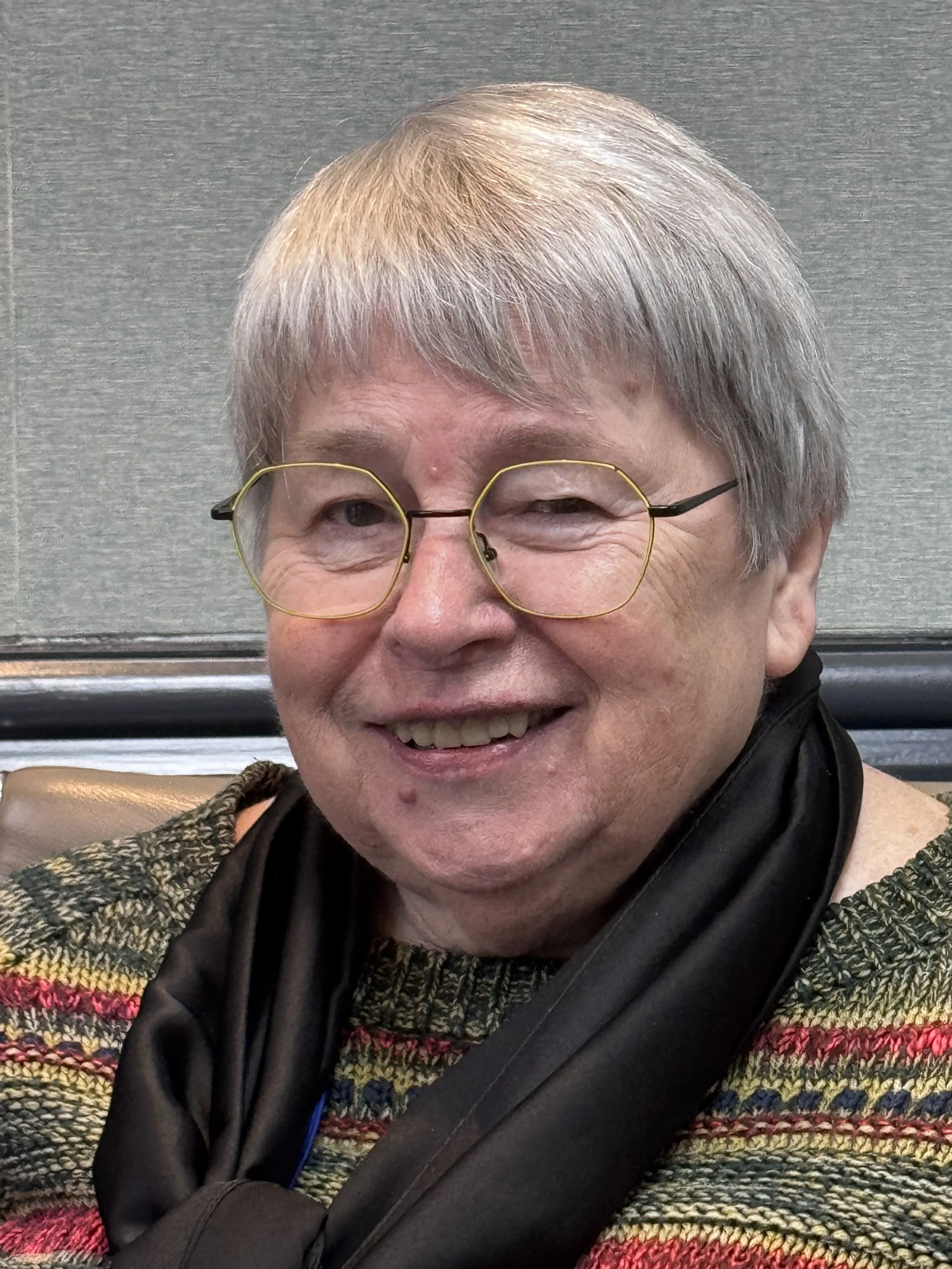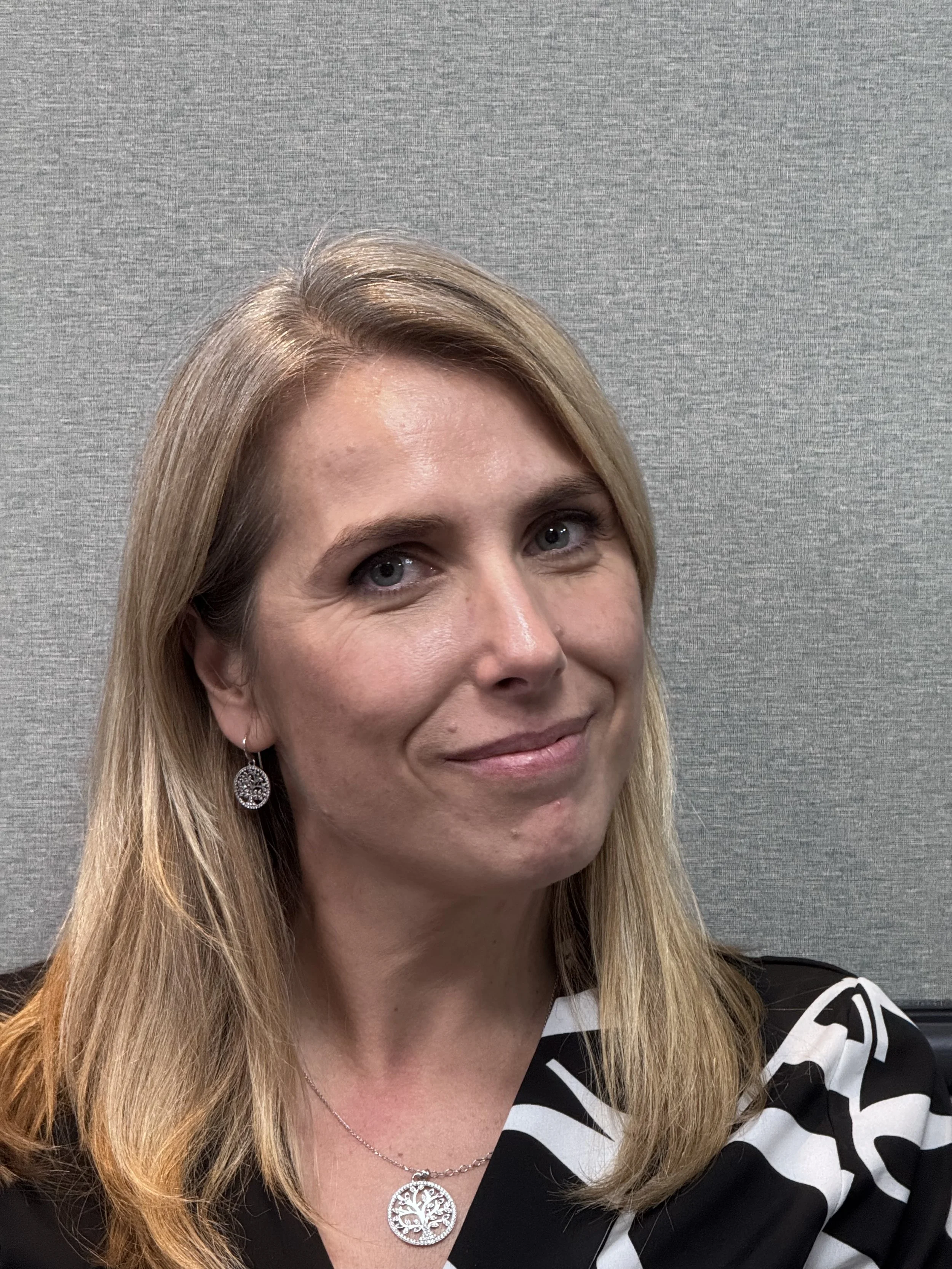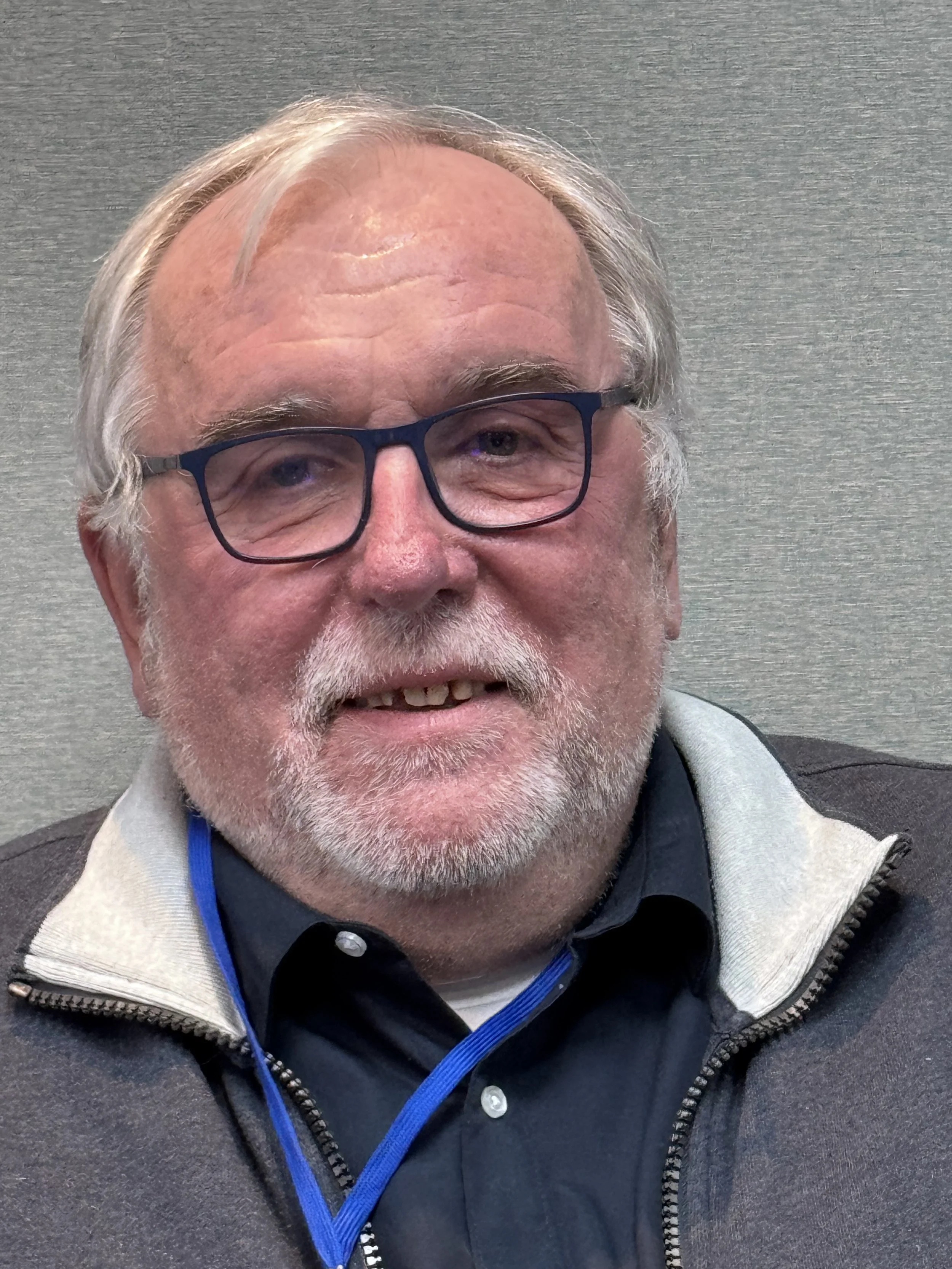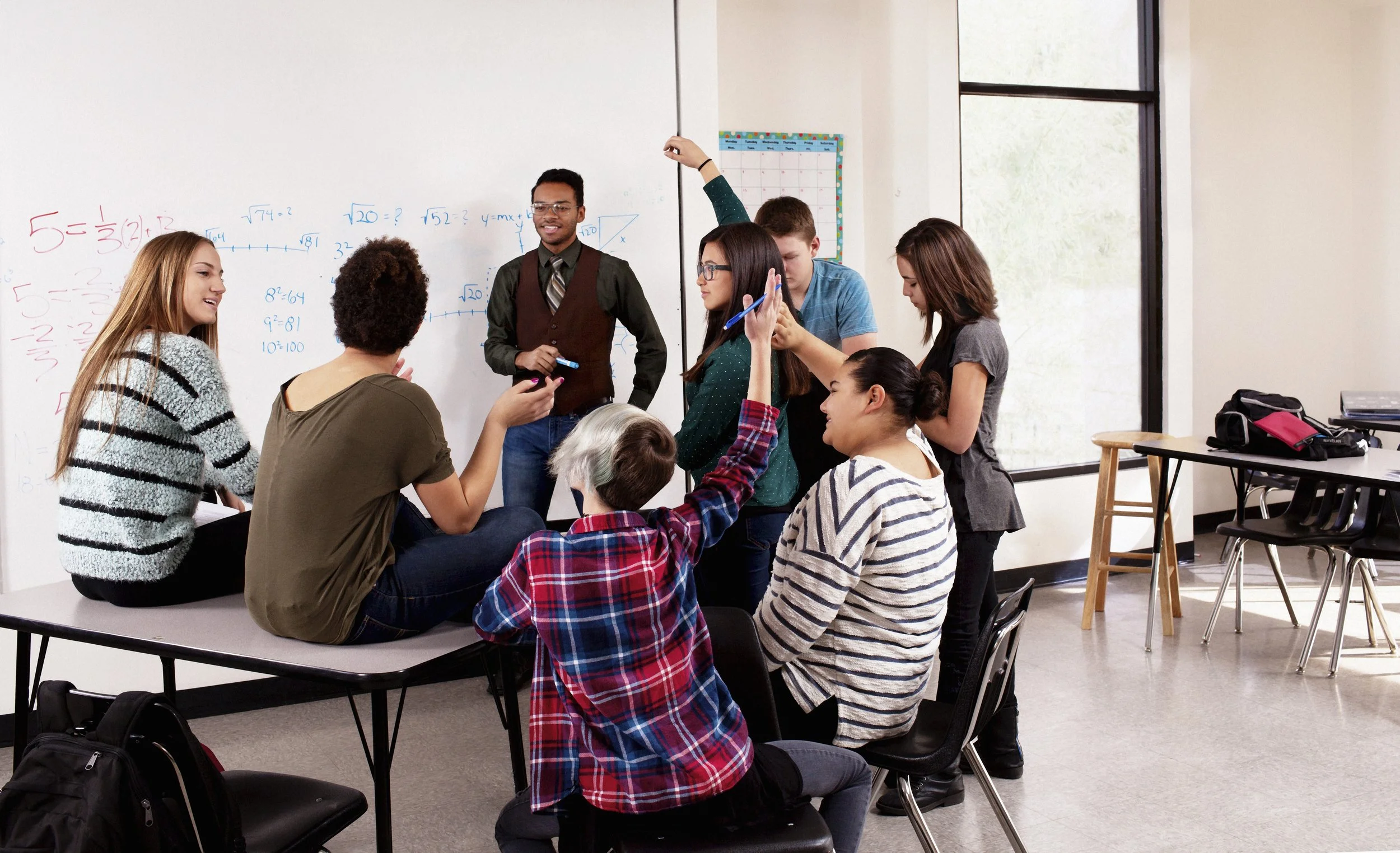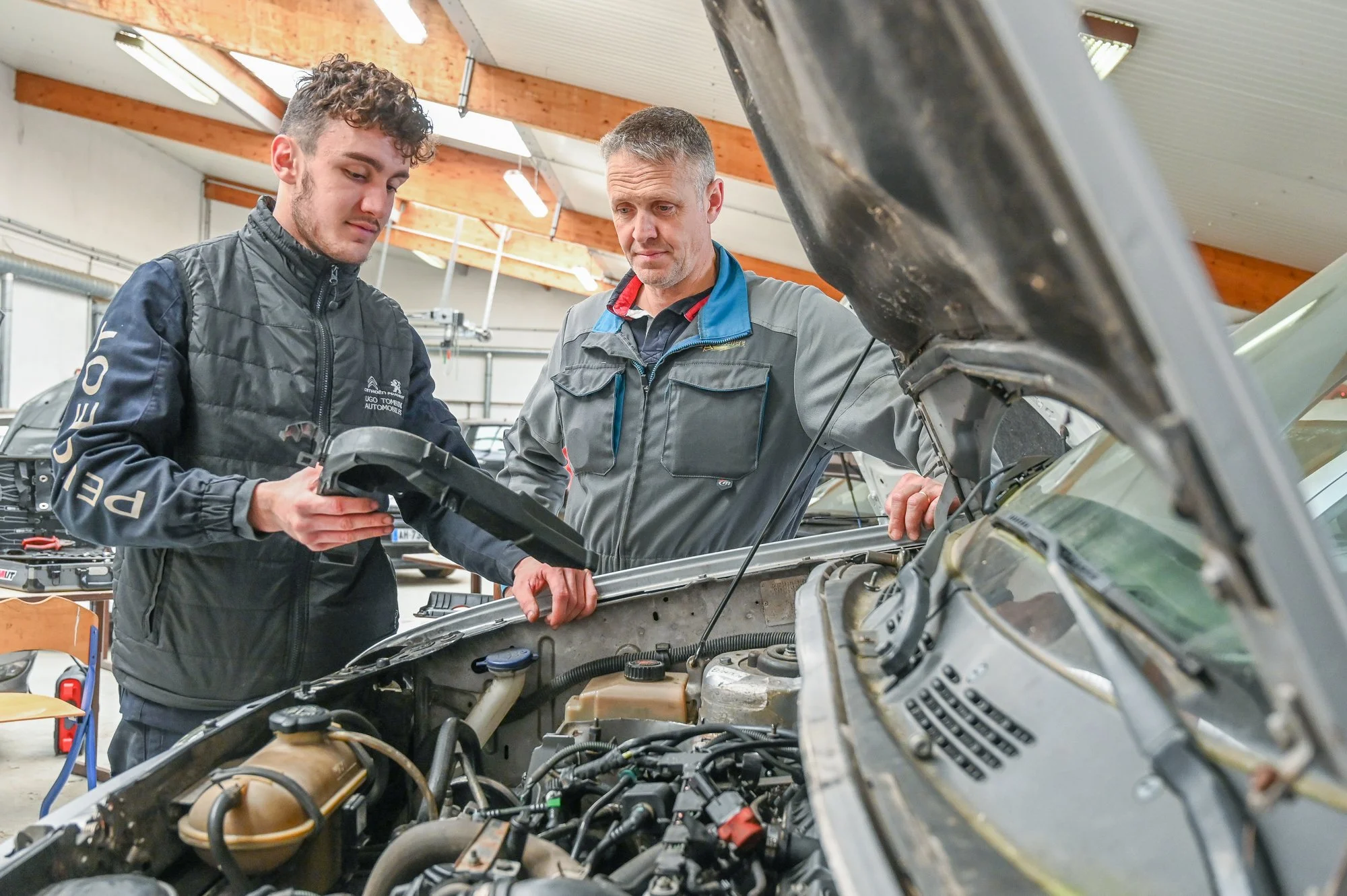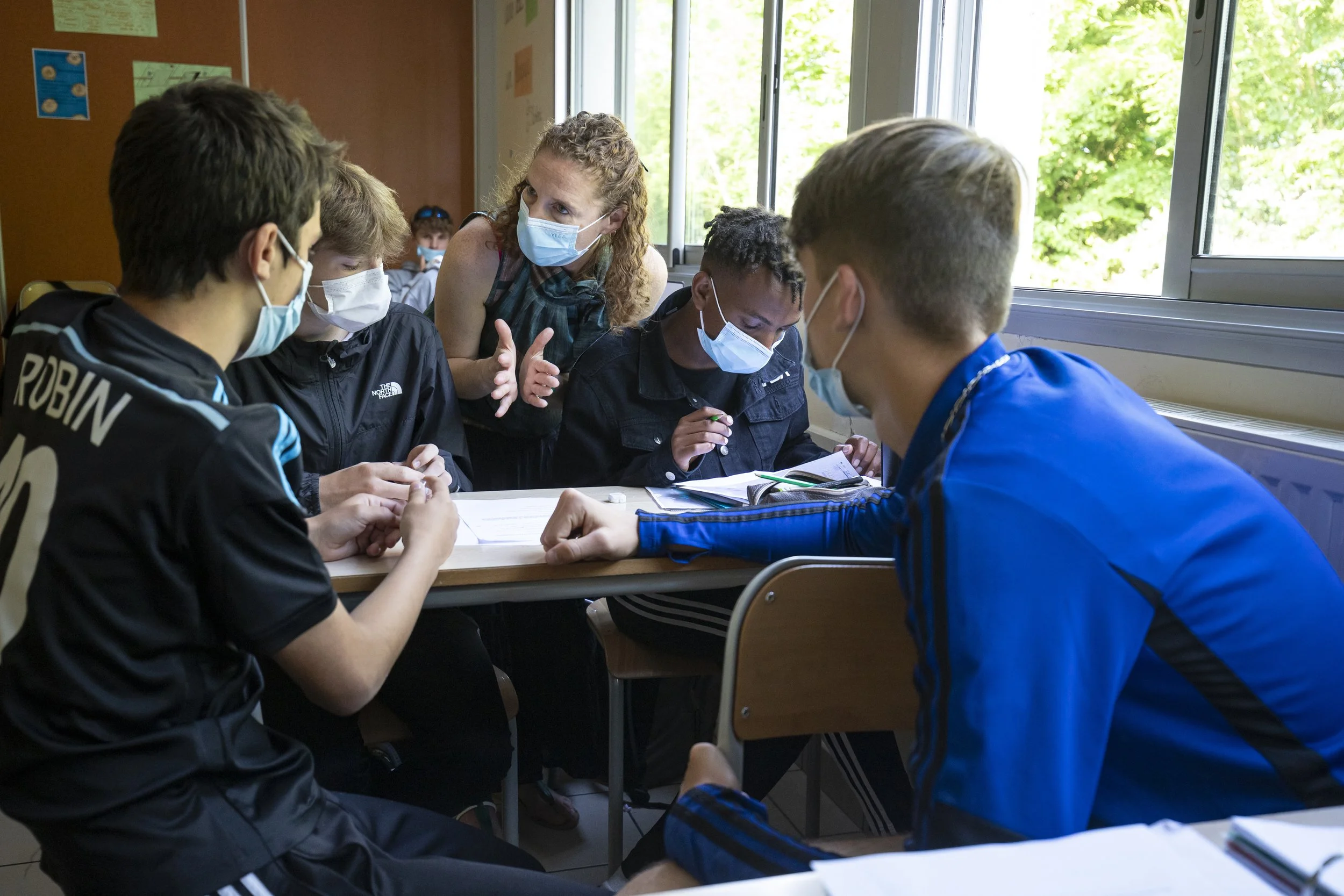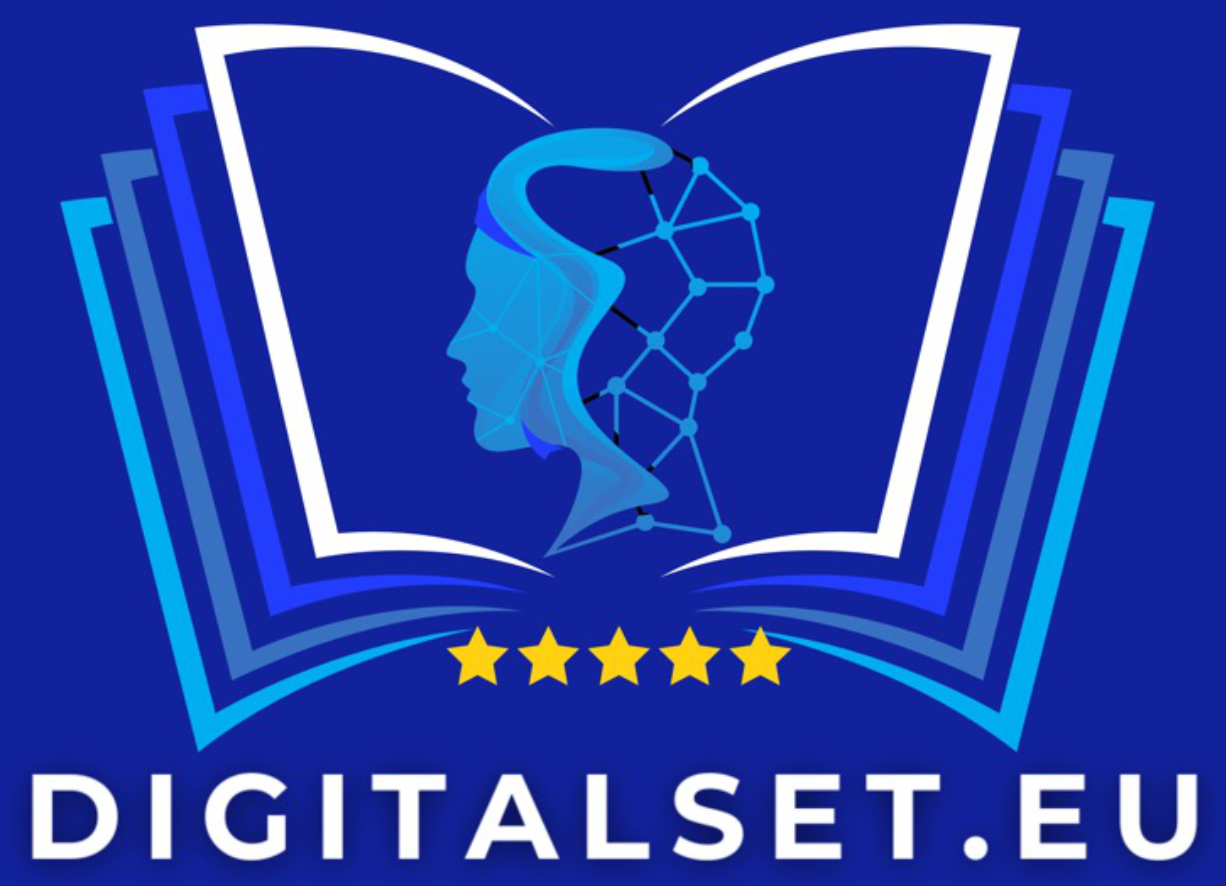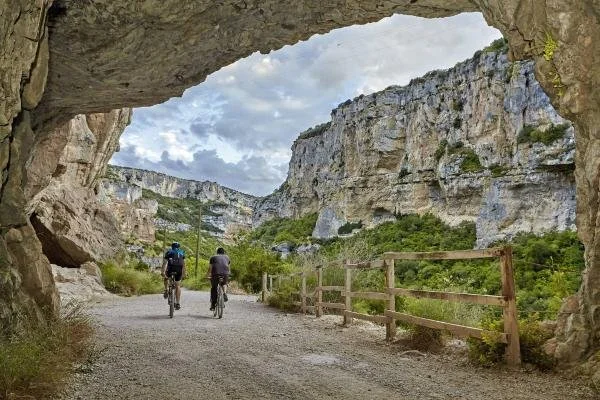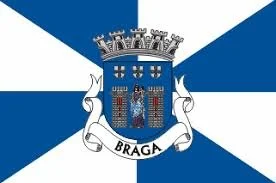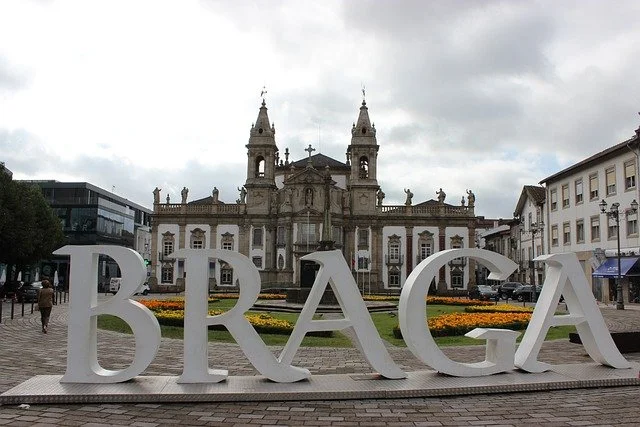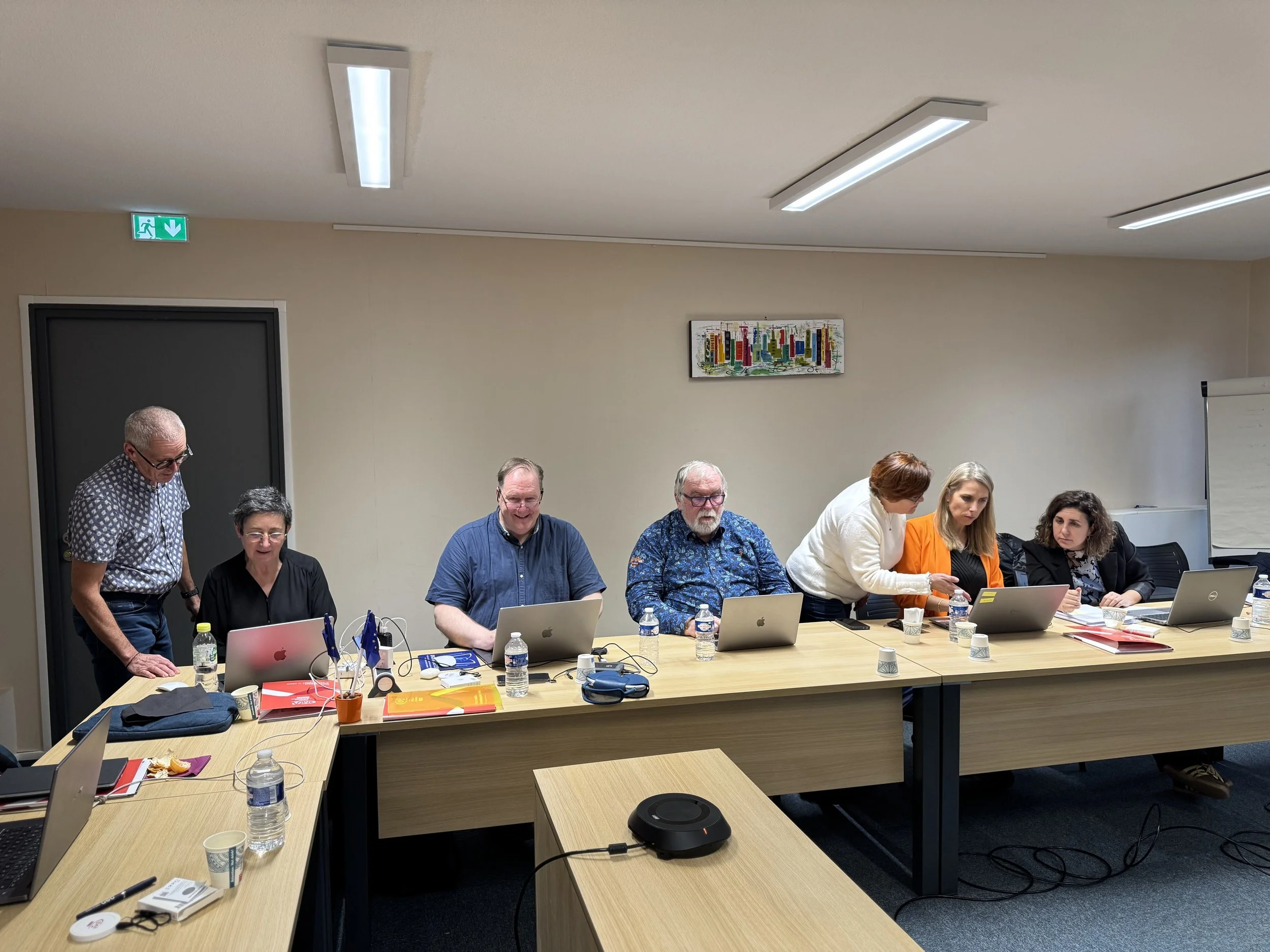
Make it stand out
Partners Informations
Meet the team
Fabrice Crepieux
MFR France
Karine NOUVET-MARIE
CMA France
Joana Marcos
AEB Portugal
Rui Marques
AEB Portugal
Jean-Luc Moreau
DIGTIALSET Ireland
Christophe Wells
DIGITALSET Ireland
Ludmilla Favel
DIGITALSET Ireland
Martine Moreau
DIGITALSET Ireland
Cristina ARANDA BARANDIAIN
DEGN Spain
Jasone CARCAR OJER
DEGN Spain
Didier Cardon
External Evaluator
Regional coordination has enabled its members to pool material resources and human resources, and to offer high-quality mobility opportunities to learners, employees, administrators and professional internship or apprenticeship supervisors. Each member benefits from the FR's expertise in European projects, as well as administrative, financial, strategic and educational support. This experience will be put to good use in the new higher education consortium that it has been piloting since 2023. The FR also manages the MONA scheme (Long-term mobility for apprentices), whose lead partner is Euro App Mobility.
The projects are steered and organised by Fabrice CREPIEUX, former European coordinator and then director of the
MFR Ineopole, expert evaluator for the Agence Nationale and Erasmus + developer. He has been a full-time project manager at the FRMFR since 2022.
Brigitte AUDOUY has been Europe Assistant since 2017. She assists organisations with administrative and financial matters and is responsible for monitoring.
These rapid and recent developments have necessitated a complete overhaul of our tools and processes, and have led to an increased need to consolidate our expertise in project design and management. At the same time, we needed to support the staff of the MFRs to enable them to initiate or implement their own projects.
This development has raised a number of organisational questions within the FRMFR and triggered a search for training and information on the processes involved in managing consortia, particularly those that have reached a significant level of activity. The need to professionalise consortia management and provide relevant and effective tools quickly emerged. It turned out that no resources existed in this area. A few discussions with other organisations, in particular the CMA, led to the realisation that everyone, whatever their size or sector of activity, was using tools and processes devised and designed in-house, which were not entirely satisfactory. At the same time, there are questions about the agency's expectations in terms of qualitative results, and despite many years of experience, there are still difficulties in managing these consortia.
The PDC project will therefore enable the FRMFR to share its experience on a European scale with the project partners and to benefit in return from their experience and good practice.
Fédération Régionale des Maisons Familiales Rurales d'Occitanie’
The Fédération Régionale des Maisons Familiales Rurales (MFR) Occitanie has been serving 19 MFR associations since
2018, following the merger of the Midi-Pyrénées and Languedoc-Roussillon FRs. These are vocational training centres that offer work-linked training from 4th grade to the professional licence, under school or apprenticeship status, as well as continuing education. The FRMFR Occitanie plays a key role in coordinating the network. It promotes the sharing of tools at national and regional level. Its missions include training players and supporting teams.
It provides support in the area of communication by organising regional events and coordinating the network's communication initiatives, in particular through a dedicated committee. It facilitates the development of partnerships in France and internationally.
The number of students involved is growing and in 2023 will represent more than 5,000. They range in age from 15 to 30 and beyond. Many young people with fewer opportunities attend our MFRs, which are recognised for their ability to re-mobilise these groups.
While most of the network's courses lead to qualifications or diplomas, there are also specific schemes for vocational training trainees who are not working towards a qualification or diploma.
The FRMFR Occitanie has been coordinating an EFP consortium since 2012. In 2016, the Union Nationale entrusted it with the task of supporting MFRs in Réunion, French Guiana and, in 2019, Guadeloupe. An E.N. vocational high school joined the consortium the same year. In 2022, the consortium was extended to include 8 MFRs in the former Languedoc Roussillon region, as well as three Fédérations Territoriales (FT). By 2023, the consortium had 39 members and a budget in excess of €1.1 million.
Since 2005, the CMA Occitanie and its local CFAs, brought together within the CFA Régional, have been implementing short-term mobility activities for level 3 and 4 apprentices and staff (Leonardo da Vinci programme, Tandem - formerly the Franco-German Secretariat for the Development of Exchanges in Vocational Training). In 2015, the Occitanie CMA and its CFAs joined the E+ EFP consortium, supported and steered by the Occitanie Regional Council, which has helped to boost incoming and outgoing mobility. With the evolution of the regions' field of competence, this consortium was dissolved and since 2020, the CMA Occitanie is accredited and pilots its own Erasmus + consortium in the VET sector (15 training establishments). Every year, nearly 300 apprentices and 15 staff benefit from the Erasmus programme for short-term mobility (14 days on average) and job shadowing. Dedicated teams are already in place at the CMA head office (mobility mission led by a project manager) and in the local apprentice training centres (mobility referents, mentors, teachers, i.e. almost 60 people).
The CMA's participation in the Erasmus programme has helped to strengthen the European dimension of the organisation and to develop its practices: quality procedures for mobility, professionalisation of referents and trainers, increased skills of staff involved in vocational training, European programmes and project management, foreign languages, IT and digital skills, development of team leadership skills, including in a multicultural environment.... The CMA Occitanie will thus be able to make an active contribution to the Pdc project.
One of the pillars of the CMA's internalisation strategy is to strengthen the capacity of the training establishments in the E+ consortium to carry out innovative, high-quality projects. An initiative to professionalise the mobility referents of the consortium's CFAs was carried out in 2022-23 (Mobilt module), which led to the validation of the skills of the mobility referents. Managing a consortium requires technical, financial, linguistic and digital skills and expertise in order to comply with the expectations and obligations of the Programme. At present, there are no resources of their own for consortium leaders. Taking part in the Pdc project will therefore enable us to compare our practices and develop our skills. The results of the project can be used by the CMA Occitane project team in the day-to-day management of the E+ consortium.
Chambre de métiers et de l'artisanat de région Occitanie, Pyrénées-Méditerranée
The Occitanie Chamber of Trades and Crafts (CMA) is a public administrative body under the supervision of the State and part of the CMA France network. Its role is to represent the general interests of the craft industry byorganising the initial training of apprentices through the apprenticeship route and supporting craft businesses at every stage of their development: start-up, development, recruitment, export, apprenticeship, training, transfer of business. Its activities are therefore organised around a number of departments that cover both cross-cutting missions (general administration, human resources, finance, communication, IT) and specific missions: Economy (businesses & territories) and Training (Regional CFA).
A single regional body, the CMA Occitanie has its head office in Saint-Jean (Haute-Garonne) and 12 departmental branches (local chambers of trade and apprentice training centres). It has 1,250 employees at its various sites. The Regional CFA brings together the training offered by the 13 initial and continuing training establishments (Apprentice Training Centres, CFAs).
For the 20023-2024 school year, the CFA Régional is training 7,854 apprentices at levels 3 (formerly level V), 4 (formerly level IV), 5 (BTS - formerly level III) and 6 (Licence - formerly level 6) in the food and catering trades (bakery, pastry-making, butchery, cookery, room service, etc.), mechanical engineering, construction and building trades. ), mechanics, building (construction, finishing, etc.), services and commerce (hairdressing, beauty care, florists, sales staff, etc.).
In the PDC project, DIGITALSET is ideally placed to ensure the effective integration of the latest digital technologies into the partnerships, adding significant value by improving communication, promoting accessibility, enabling innovative educational practices, supporting data-driven decision-making, promoting sustainability and improving the visibility of project outcomes. This is an ideal project for us, as our training values and experience match the objectives of the CDP project.
For example, DIGITALSET will contribute to the objectives of PDC by developing innovative digital tools, resources and solutions with variable access. We will accompany the coordinators in the preparation of material for WP1 Project Management and support them in this crucial role. In addition, we will lead the quality management evaluation of the processes, outcomes and impact of our project. Finally, we will be responsible for the e-skills workshops for staff from the other partner organisation and for our staff who have less experience of Erasmus+ and/or who need to improve their e-skills.
We are particularly interested in this project as it will enable us to develop our knowledge and skills through collaboration with the partner organisations. This will help us to improve the quality and impact of our regular work with target groups in this sector.
Erasmus+ has been a transformative experience for us, allowing us to explore innovative teaching approaches, collaborate with European counterparts and adopt innovative methodologies that have benefited our organisation, our partners and the learners we work with. The experience has highlighted the plethora of opportunities and avenues that Erasmus+ offers to cultivate a common educational ethos across Europe. Our aim is to be active contributors rather than passive recipients, drawing on our expertise in pedagogy, digital applications, language learning and well-being to promote holistic education.
DIGITALSET.EU
Digitalset is a Dublin-based micro social enterprise established in 2023 that provides lifelong learning services specialising in the application of digital, technologies in education, project management, personal development and leadership.
Our company was set up to provide our staff with the opportunity to share knowledge and experience with less experienced people and organisations.
Our organisation currently has 9 expert staff including 3 who will make active contributions to the PDC project. Christophe WELLS is now semi-retired and an experienced educator in schools, training centres, universities and adult education. He has significant experience of European programmes and Erasmus + in particular. He is currently an expert evaluator for 4 national agencies, an Erasmus+ ambassador and an ambassador for the EPALE platform.
Ludmilla FAVEL is an Erasmus+ Ambassador for the French National Agency & also an expert evaluator for the Belgian Erasmus + National Agency. She also leads training sessions with learners to develop practical application of digitalisation in relation to entrepreneurship in Lyon & Sevilla.
Jean-Luc Moreau is semi-retired and works with DIGITALSET on a part-time, voluntary basis. He has extensive experience of evaluating Erasmus+ projects, having worked for three national agencies as an expert evaluator. He will be responsible for the quality monitoring, analysis and evaluation strategy. He will work closely with the project coordinator and the external expert evaluator and will coordinate the quality monitoring group.
DIGITALSET staff have all been involved in training teachers and educators in Ireland, the UK and France. For example, Christophe currently delivers digital sessions for VET education organisations and teacher training institutions such as the University of Exeter.
The implementation of digital technologies is now an essential part of any Erasmus+ project, requiring in-depth digital knowledge and skills. Many educational organisations that would like to participate in this type of project do NOT have the required digital experience or skill levels. Therefore, having a partner in a consortium that offers a high level of digital support would add value to almost any application.
Key staff involved in the organisation of European Projects:
Paula Remírez Ruiz
Responsible for Innovation and Internationalisation of VET Projects
Current position: Director of the Vocational Training Modernisation and Innovation Service in Navarra.
Professional Profile: Computer Engineer.
Regional referent of the Spanish organisation in VET Innovation and International projects (Mobility, Partnerships, Transfer of Innovation, etc,...).
Contribution to the project: Management and coordination with Public Bodies and Schools that may participate in the project.
Sofía Egido Victoria
Head of Innovation and Internationalisation of VET Projects
Current position: Head of the Section of Projects and Internationalisation of Vocational Education and Training.
Professional profile: Engineer
Responsible for new technologies applied to vocational training profiles.
Contribution to the project: Collaboration in the organisation of mobility and innovation programmes. Coordination with teachers in relation to the objectives of the project. Contribution of ideas to improve student and staff exchanges (both for receiving and sending candidates).
Cristina Aranda Barandiain
European Programmes Technician, Department of Education, Government of Navarre.
Current position: Head of the Internationalisation of Vocational Training Department.
Professional profile: Language teacher.
Contribution to the project: Collaboration in the organisation of mobility and innovation programmes. Coordination with teachers in relation to the objectives of the project. Contribution of ideas to improve student and staff exchanges (both for receiving and sending candidates).
Jasone Cárcar Ojer
Coordinator of Centres of Excellence.
Current position: Administration of the Vocational Training Transformation Section.
Professional profile: Administration.
Contribution to the project: Collaboration for the identification of the necessary tools and materials to create a Strategic Partnership. Collaboration for the piloting and validation of instruments in order to create a tool to improve the quality management of internships. Support to the project manager to implement the necessary actions for the management and organisation.
Patricia Burgui Fernández
European Programmes Manager, Department of Education, Government of Navarra.
Current position: Advisor of the Internationalisation of Vocational Training Department.
Professional profile: language teacher.
Contribution to the project: Collaboration for the identification of the necessary tools and materials to create a Strategic Partnership. Collaboration for the piloting and validation of instruments in order to create a tool to improve the quality management of internships. Support to the project manager to implement the necessary actions for the management and organisation.
COMUNIDAD FORAL DE NAVARRA - GOBIERNO DE NAVARRA
The Department of Education of the Government of Navarre is the official Institution responsible for the management of Education in the Autonomous Community of Navarre.
The Department of Education is responsible for establishing the general conditions and the appropriate means for the actual implementation of all aspects of education. These measures include the management of all Public Primary, Secondary and Vocational Education.
This institution has 172 Public Primary Schools, 59 Public Secondary Schools and 23 Vocational Schools and more than 3,200 teachers working in them. These public schools serve more than 67,000 pupils.
All schools have a Guidance Service which provides information to pupils on academic and social issues. They also provide information to parents on pupils' careers and problem solving.
Within the Department of Education there is a Division set up to develop and promote Vocational and Educational Training. It also includes a Section to establish and promote Internationalisation among VET schools through mobility and innovation projects. This unit assists VET institutions in international affairs and tries to approach companies and stakeholders to cooperate within the training system.
The network consisting of the 23 VET schools mentioned above has more than 7,000 students belonging to 136 different profiles.
Every year, 350 students do internships in European companies in the framework of the Erasmus+ initiative. We are also responsible for the management of all European VET projects.
The Department of Education also works together with the Chamber of Commerce and Industry and the Department of Commerce, Labour and Industry to implement actions related to employability, employment surveys and measures to place young people in the labour market.
The Department of Education has also created an extensive network with more than 2,100 companies to facilitate access for young VET graduates to the employment needs required by companies with a specific profile.
The fact that this institution is linked to the rest of the Regional Government Departments, provides different types of contacts to extend its objectives to a wide range of areas of society: public bodies and private institutions, trade unions, parents' associations, Institutions promoting the validation of competences, local and regional agents, private companies, both SMEs and large companies.
The Department of Education is the institution that governs education in Navarre and has a specific division for the management and promotion of Vocational Training. Over the last 20 years, projects of various kinds have been developed in different areas, trying to involve VET centres in transnational projects that promote the international perspective of the centres. These actions include mobility as well as innovation and research projects in different fields of VET.
The Department of Education has also participated and promoted a KA2 project focused on the sector addressed in this project in order to raise new dimensions that can facilitate training and employment opportunities.
The Department of Education will be able to participate in this proposal seeking a strong relationship with the partners involved and trying to develop the necessary tools and guidelines to create a fruitful partnership that can grow more and more as the links with companies and staff from different countries become established and remain as one of the main sources to manage mobilities between the countries involved.
The expertise of our Department's staff will be very useful in developing agreements and tools to create a strong cooperation network.
Moreover, the fact that the Department of Education has Erasmus+ Quality Charters for both HEI and VET programmes implies a guarantee of success inspired by the experience and management of quality practices.
Our previous experience in similar initiatives has enabled us to develop specific problem-solving skills and successfully implement large-scale projects. These skills, combined with our in-depth knowledge of Erasmus+ programme standards, will contribute positively to the development of the Steering Consortia (SC) project.
Our participation in the PDC project represents a strategic opportunity to extend the positive impact of our organisation. As established players, our organisation has the necessary experience to understand the intricacies of these processes and can provide valuable information to help other partners succeed in these areas. Our continued involvement in projects of this scale reinforces our credibility as a reliable organisation committed to actively contributing to the success of international education initiatives.
This project will have a significant impact on our day-to-day activities, directly improving our internal consortium management skills. The exchange of good practices at European level will offer new perspectives and innovative methodologies, enriching our approach and broadening our operational toolbox.
The creation of the digital consortium pilot kit will be integrated into our workflow, becoming an essential resource for more effective management of our international/national projects. This will allow us to be at the forefront of best practice and maximise the impact of our efforts in international education.
In short, our organisation offers a unique combination of practical experience, proven skills and a permanent commitment to improvement. Our active participation in the Piloting Consortia (PDC) project is motivated by our desire to share, learn and make a significant contribution to the success of this Europe-wide initiative.
Our organisation is interested in actively participating in the Piloting Consortia (PDC) project. We recognise the potential of this initiative to streamline the management of Erasmus+ consortia and believe that our participation will provide valuable experience. We are committed to contributing to the development of digital tools and resources as part of the project. Our participation is part of our ongoing efforts to improve the efficiency of consortia management and to ensure the success of international educational initiatives.
AEBRAGA - BRAGA BUSINESS ASSOCIATION
The Braga Business Association (AEB) was founded in 1863. It has been serving the region for over 160 years. It is a non-profit, multi-sectoral and multi-district association. It brings together and represents the economic agents of the northern region of Portugal, essentially linked to the secondary and tertiary sectors of the regional economy, which are in permanent development and collective use. Its mission is to ensure the development and promotion of business activities and associative initiatives.
In May 2023, the AEB was granted the status of Chamber of Commerce and Industry. Since its foundation, AEB has been affiliated to the Confederation of Commerce and Services of Portugal, of which it currently holds the vice-presidency. AEB is a member of CEDRAC and the Higher Associative Council of E.A. Portugal, the Advisory Council of IEFP and a member of the Higher Regional Council of CCDR-N. The AEB also actively collaborates with the University of Minho, the UCP Braga Centre, the IPCA, Braga's vocational schools and school groups.
For more than 40 years, AEB has had a vocational training centre for the development of vocational education and training activities, contributing to the training of thousands of entrepreneurs and employees of companies in the most diverse sectors of Portuguese economic activity, as well as to the vocational training and completion of schooling for young people. The training centre provides vocational training for young people, welcoming on average around 130 young people a year, in the areas of technical cooking and pastry, mechatronics, IT and bar and restaurant management. In the field of adult education, we offer various types of training, from short courses to refresher courses.
As an organisation active in the field of vocational education and training, it is certified by DGERT. Since 2016, our VET students have benefited from transnational mobility under the ERAMUS+ programme, carrying out internships abroad in the areas we offer VET students.
Our organisation has extensive experience in managing complex national projects in the field of education, which translates into well-established practical and coordination skills. Key members of our team have in-depth knowledge of Erasmus+ accreditation processes and a proven track record in organising consortia effectively.

